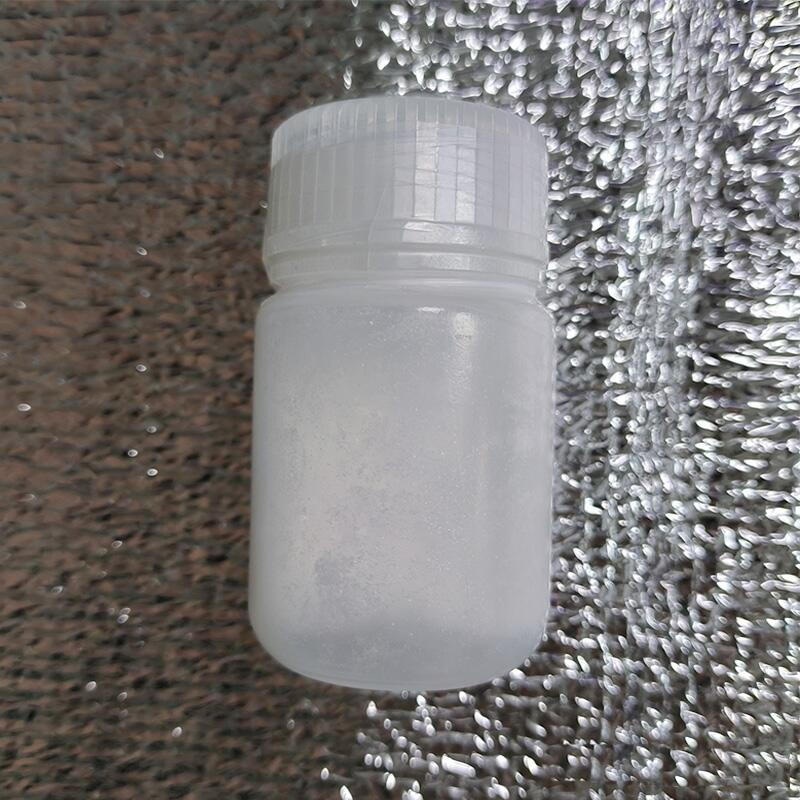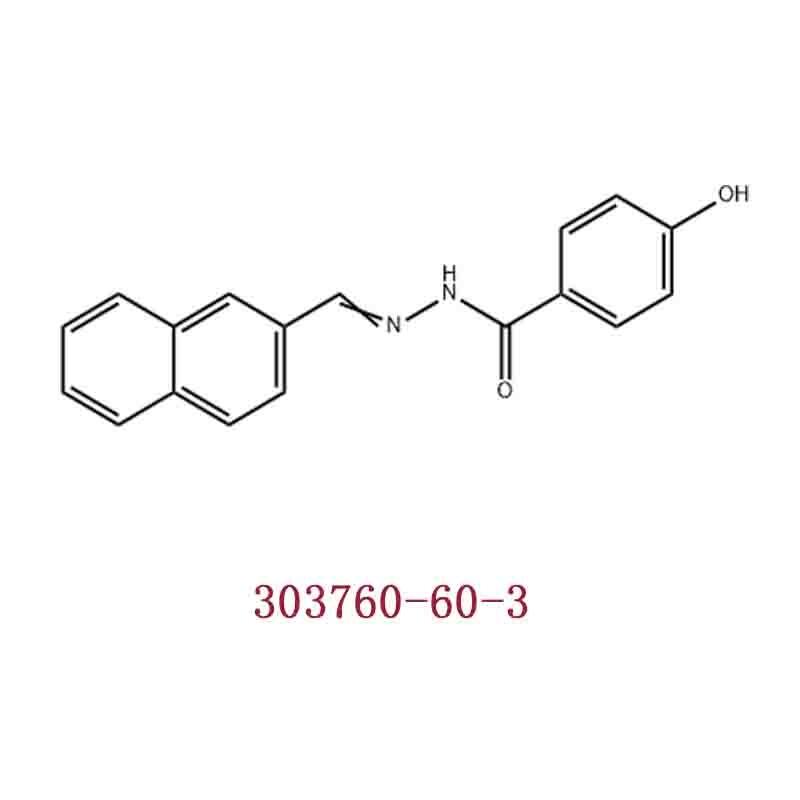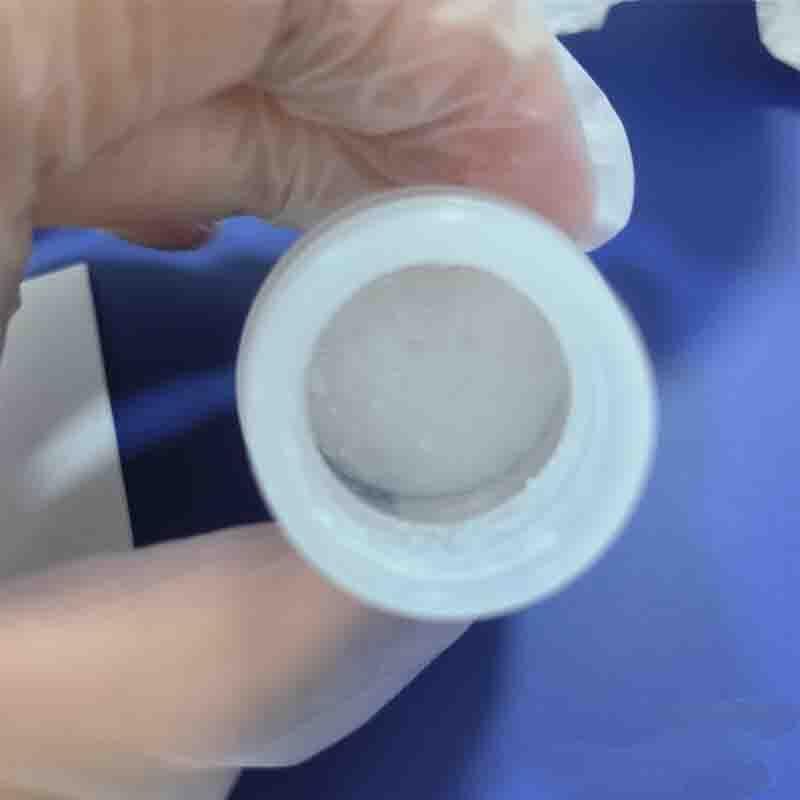-
Categories
-
Pharmaceutical Intermediates
-
Active Pharmaceutical Ingredients
-
Food Additives
- Industrial Coatings
- Agrochemicals
- Dyes and Pigments
- Surfactant
- Flavors and Fragrances
- Chemical Reagents
- Catalyst and Auxiliary
- Natural Products
- Inorganic Chemistry
-
Organic Chemistry
-
Biochemical Engineering
- Analytical Chemistry
-
Cosmetic Ingredient
- Water Treatment Chemical
-
Pharmaceutical Intermediates
Promotion
ECHEMI Mall
Wholesale
Weekly Price
Exhibition
News
-
Trade Service
*Only for medical professionals to read and reference Big coffee gathers to talk about the progress and future of anti-angiogenesis therapy for gastrointestinal tumors
.
On April 23, 2022, the 2022 Chinese Society of Clinical Oncology (CSCO) Guidelines Conference - Chi-Med Gastrointestinal Cancer Satellite Conference was successfully held online.
The conference aims to convey the research progress in the field of gastrointestinal cancer diagnosis and treatment, enhance academic exchanges, and unite efforts.
Draw a new blueprint for the diagnosis and treatment of gastrointestinal tumors! The meeting invited Professor Li Jin of Tongji University Affiliated Oriental Hospital and Professor Liang Jun of Peking University International Hospital as the chairman of the conference.
The chairman mentioned in the opening speech that first of all, congratulations on the successful release of the 2022 CSCO guideline.
Taking the opportunity of the release of the guideline, the Chi-Med Satellite Conference Bringing together domestic experts in the field of digestive tract tumors, focusing on anti-angiogenic drug treatment of digestive tract tumors, and reviewing the experience and problems in the process of diagnosis and treatment of digestive tract tumors, the convening of the conference is very meaningful
.
Professor Li Jin from Tongji University Affiliated Oriental Hospital and Professor Liang Jun from Peking University International Hospital combined anti-angiogenesis therapy to help patients with digestive tract tumors to survive and "excellent" Professor Chen Zhiyu from Fudan University Cancer Hospital Professor Chen Zhiyu from Fudan University Cancer Hospital described anti-angiogenesis The process of drugs in the field of digestive tract tumors from their birth to now occupying an important therapeutic position
.
In gastrointestinal tumors, the efficacy of small-molecule tyrosine kinase inhibitor (TKI) antiangiogenic monotherapy has been recognized
.
Fruquintinib is an anti-angiogenic small molecule TKI, and its FRESCO study[1] confirmed that fruquintinib can help patients with metastatic colorectal cancer (mCRC) after 2 chemotherapy treatments to prolong the median progression-free survival (PFS) to 3.
71 months, extended median overall survival (OS) to 9.
3 months, and improved disease control rate (DCR) to 62.
2%
.
On this basis, fruquintinib combined with systemic therapy such as immunization and chemotherapy, as well as local therapy such as radiotherapy and intervention, may help patients with advanced gastrointestinal tumors to further prolong the survival benefit, such as fruquintinib combined with sindili A phase Ib study of monoclonal antibody in the treatment of advanced mCRC showed that the "happy combination" of fruquintinib + sintilimab can further help mCRC patients' median PFS to 6.
9 months and median OS to 11.
8 months In June, the DCR increased to 95.
5%[2,3]
.
A phase I/II trial of fruquintinib combined with paclitaxel in the treatment of advanced GC confirmed that fruquintinib plus paclitaxel also brought an OS benefit of 8.
1 months to second-line treatment of advanced gastric cancer patients, and the DCR was further improved to 68%[4]
.
Combination therapy with anti-angiogenic drugs may further prolong the survival benefit of patients with gastrointestinal tumors.
From real-world data, the third-line treatment of mCRC patients is preferred.
Professor Wang Feng from Sun Yat-Sen University Cancer Hospital Affiliated to Sun Yat-Sen University Professor Wang Feng interpreted the real-world data of mCRC (RWD ), the interpretation introduces that real-world studies (RWS) and randomised controlled trials (RCTs) are not antagonistic, but complementary, emphasizing that RWS has a more representative sample, high research efficiency, less human intervention, and can provide more evidence
.
From the drug development stage to post-marketing, RWS has a lot to offer
.
As a highly selective small molecule TKI drug, fruquintinib has been recommended by the Chinese Society of Clinical Oncology (CSCO) for the diagnosis and treatment of colorectal cancer, class 1A evidence, and level I recommendation in 2019
.
A series of real-world studies have demonstrated that fruquintinib has similar efficacy and safety to the Phase III FRESCO study, and can extend the median PFS of Chinese mCRC patients to 5.
1-5.
4 months, the median OS to 12 months, and the DCR up to 69.
7%[5,6]
.
The FRESCO-HYBRID RWS of fruquintinib compared with other small molecule TKIs showed that the median PFS of fruquintinib was 3.
71 months, which was better than that of other small molecule TKIs of 2.
49 months[7]
.
In terms of combination therapy, fruquintinib combined with PD-1 mAb resulted in higher DCR (89.
2% vs 56.
5%) and longer median PFS than regorafenib combined with PD-1 mAb ( 6.
4 months vs 3.
9 months), helping Chinese mCRC patients achieve longer survival benefits[8]
.
Fruquintinib monotherapy and combination immunotherapy for mCRC real-world research were discussed by experts, and the collision of ideas was chaired by Professor Zhou Aiping from Cancer Hospital, Chinese Academy of Medical Sciences.
Professor Qiu Wensheng from Qingdao University Affiliated Hospital and Professor Zhu Lingjun from Jiangsu Provincial People's Hospital focused on " According to different age, physical fitness, tumor burden, high-risk factors, etc.
, how to optimize the third-line treatment of patients with advanced colorectal cancer? How to help patients prolong the benefit? Under the current epidemic situation, patients with advanced colorectal cancer cannot visit a doctor normally and How can we help these patients to delay disease progression while managing at home?” and other issues have been heatedly discussed, and the main points are as follows: Nowadays, the third-line treatment of patients with advanced colorectal cancer has more drug options, regorafenib , Fruquintinib and Trifluridine tippiridine (TAS-102) have been recommended by CSCO guidelines for the diagnosis and treatment of colorectal cancer
.
For patients with younger age, better physical fitness, and smaller tumor burden, the “chemo-free” regimen may be more suitable for third-line treatment under the guidance of doctors.
Taking small-molecule anti-angiogenesis drugs such as fruquintinib as an example, Or it can help patients store physical energy while ensuring the quality of life, which is beneficial to the follow-up treatment to a certain extent
.
For older patients, fruquintinib is not necessarily limited to third-line treatment.
If the patient does not receive chemotherapy or cannot tolerate chemotherapy, the early application of fruquintinib under the guidance of a doctor may benefit the patient
.
For patients with a large tumor burden, the efficacy of a single drug may be limited, and patients can consider a combination therapy under the guidance of a doctor, such as small molecule anti-angiogenic drugs such as fruquintinib combined with PD-1 or combined chemotherapy
.
During the epidemic, patients should choose safer drugs for home management.
For example, fruquintinib is an oral small-molecule anti-angiogenesis drug.
The FRESCO study [1] confirmed that its adverse reactions are relatively controllable, or it may help patients’ recovery.
Home management
.
Prof.
Zhou Aiping from Cancer Hospital of Chinese Academy of Medical Sciences, Prof.
Qiu Wensheng from Qingdao University Affiliated Hospital and Prof.
Zhu Lingjun from Jiangsu Provincial People's Hospital, the chairmen of the conference summary meeting, Prof.
Li Jin and Prof.
Liang Jun, firstly thanked the two speakers in their concluding remarks and shared their keynote reports.
It covers previous research data and latest research results in the field of gastrointestinal tumors
.
During the discussion session, experts brainstormed and realized that small molecule anti-angiogenic drugs represented by fruquintinib will have more applications in the field of digestive tract tumors in the future
.
We would like to thank Chi-Med for its long-term support for China’s oncology clinical research, and the development of anti-tumor drugs such as fruquintinib, as well as many products under development
.
I look forward to realizing the great goal of a healthy China in 2030 ahead of schedule through the joint efforts of all experts and scholars
.
References: [1]Li J, Qin S, Xu RH, et al.
JAMA.
2018;319(24):2486-2496.
[2]J Clin Oncol 39,2021(suppl 15;abstr 2514).
[3 ]Ye Guo,et al.
2021 ASCO.
Oral Presentation.
[4]Xu RH,et al.
2017 ASCO abstract 128.
[5]Cancer Management and Research 2021:13 6199–6205.
[6]Liu S,Lu L, Pan F,et al.
Oncol Res.
2022 Jan 21.
[7]2021 CSCO:oral FRESCO Hybrid[8]Liying Sun,et al.
Front.
Oncol(2021).
11:754881.
P-AYT-22N86-Valid Until 2024 Apr This material is supported by Chi-Med
.
This material is intended to facilitate the communication and exchange of medical information
.
This information is provided for academic reference only by healthcare professionals and is not intended for the general public and is not intended for advertising purposes
.
For prescription, please refer to the drug insert approved by the State Drug Administration
.
Do not distribute or forward this material
.







